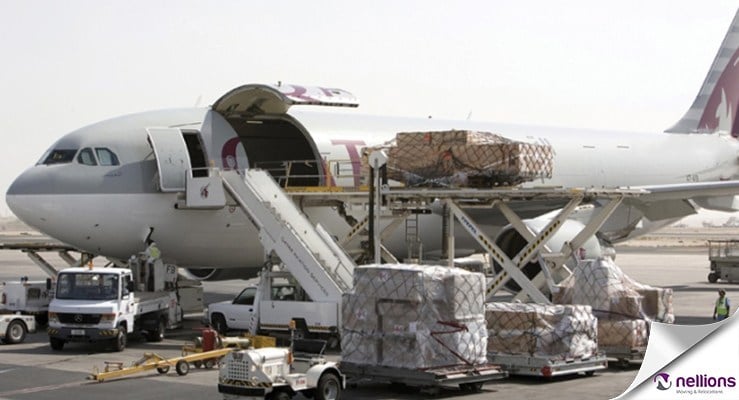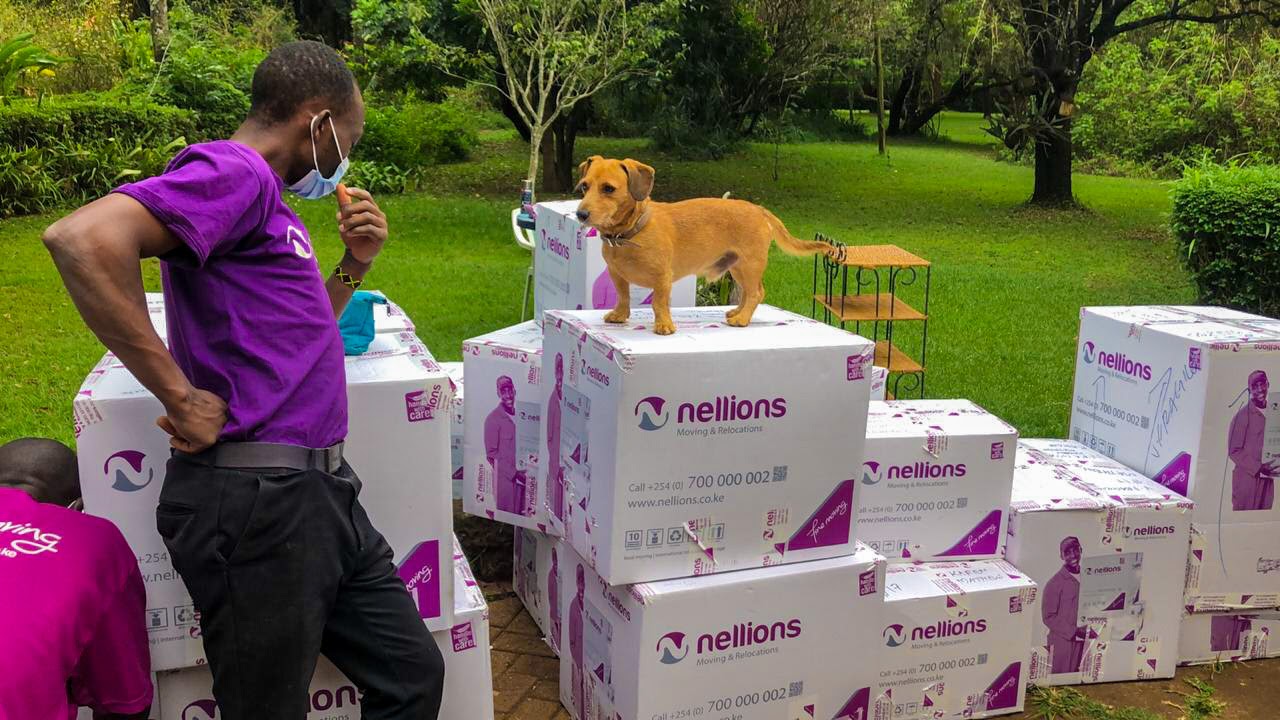Last updated on September 23rd, 2022 at 10:58 am
Mid 2018, the Government of Kenya started to be very strict in enforcing various laws affecting the importation of goods. Some of the laws and rules were already existing but with weak enforcement. Implementing agencies like the Kenya Revenue Authority (KRA), Kenya Bureau of Standards (KEBS), and Kenya Ports Authority (KPA) were put under serious scrutiny. They were being accused of laxity which had enabled contraband goods, contaminated food items, and substandard goods to enter the country. Of greater concern was tax evasion by importers while the government needed money.
The government wanted to seal all loopholes and has since then looked very determined to achieve its results. So far its agencies have not relented. Many, if not all, importers and manufacturers have been affected by this enforcement some with devastating financial losses. The removals industry has not been spared. Even though no new order has been issued directly towards the importation of used household goods and personal effects, the industry has been affected in various ways.
1. Pre-shipment Inspection & Certificate of Conformity
On 19th June 2018, the government published a Kenya Gazette Notice No 127. The notice was signed by the cabinet secretary for Trade, Industry, and Co-operatives in which it directed that all commercial goods will have to undergo pre-shipment inspection at the country of origin prior to the shipping and obtain a Certificate of Conformity (CoC). Previously, items valued at less than USD 1,000 were exempted. Even with the new rule used household goods are still exempted from the pre-shipment inspection requirement. However, many players including some shipping lines do not know that used HHGs are exempted from this requirement and some of them are demanding to see the CoCs for used HHGs at origin ports thus causing a lot of confusion. Don’t be surprised next time you want to move into Kenya and someone asks you to produce a CoC for your used household goods. We know two people who have been asked about it already and had no idea of what to do. It is not needed. However, you need to work with an agent who fully understands the process and the law otherwise you could end up being stressed.
2. Local Inspection by Kenya Bureau of Standards and Customs
Even without demanding pre-shipment inspection for used HHGs, KEBS has now started playing a key role during the clearance process. KEBS officers are now doing inspections of HHGs and personal effects alongside the customs officers. They inspect all the electronic items for conformity with Kenyan Standards, seek to control dumping, and also check if there are any prohibited items. Upon successful inspection, KEBS gives its approval by issuing a local/internal CoC, and without it used HHGs can’t leave the port. The Kenya Customs (KRA), just as in the past, check if there are any brand new items or any dutiable items like alcohol. They have, however, become very strict. Persons moving into Kenya are therefore advised to be very careful and only bring in items that conform to Kenyan requirements.
3. Delays during the Clearing Process
The involvement of KEBS in the clearing process and the extra thoroughness by customs have resulted in a longer clearing time. It is no longer easy to clear containers out of the port in 4-5 days as it used to be and the result is that even with the best effort most containers are incurring port storage for a few days (KPA only allows 4 free days). The fact that the Mombasa port and the Nairobi dry port (ICDE) are both overstretched with containers since many containers have been detained/delayed due to various non-compliance issues is not helping at all. Shipments coming by air are also affected and at least one extra day is being used to clear them. This is resulting in storage penalties.
4. Only one Consignment expressly allowed duty-free
How many consignments can one bring into Kenya duty-free when migrating? The Kenyan customs law allows only one. In some cases, relocatees want to have two shipments, one small air shipment and one container by sea. In 2018 KRA is very serious about enforcing this rule. It is only expatriates who are able to easily bring in more than one consignment. Non-expatriates (including returning Kenyans) have to apply (giving very good reasons) to KRA to be allowed to bring in two shipments. Approval is not guaranteed. Even when one is allowed, the air consignment is restricted to less than 100 Kg mainly for personal clothes only. Don’t rely on advice from someone who a few years ago imported two consignments duty-free and got away with it. It is nearly impossible today. Please refrain from relying on the experience you had when entering into another country and you had two separate consignments smoothly allowed in. Many countries allow it but some don’t. Kenya is in the latter group.
5. Issuing Of Work Permits
They are taking much longer to obtain than they used to. In August 2018 the government changed the rules and now those seeking to work in Kenya have to apply for their work permits before migrating to Kenya. The work permit issuance delay and the new rule have resulted in much longer planning and shipping time than before. A foreigner can’t use a temporary pass to bring used personal effects into Kenya without paying taxes. When moving into Kenya with a work permit, please dispatch the goods from origin only when you have your work permit in your hands!
6. Consignee/Importer details on Bill of Lading :
On 2nd November 2018, the KRA and KPA published a joint notice in the Kenyan daily newspapers requiring that for sea shipments full consignee details must be disclosed which include name, postal address (the one used on their tax Personal Identification Number), telephone number, and email address. This rule takes effect from 30th November 2018. It affects all importers across the board including used personal effects and HHGs. In the past one could get away with using an address of an agent but this is not possible anymore. The postal address was never a strict requirement but it is now mandatory.
We will keep updating and informing you of any new changes that happen which could affect the moving industry in Kenya. One of our key roles is to ensure that those relocating to Kenya are better prepared which will result in good planning thus minimizing stress. International moving is most of the time never devoid of some little stress!









